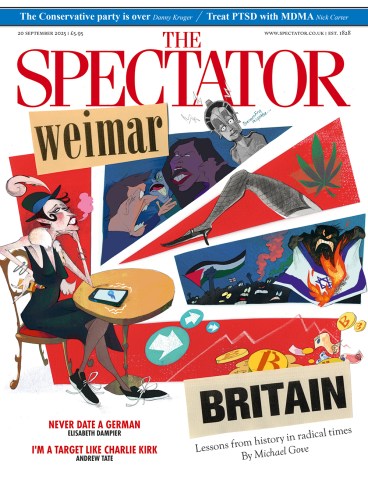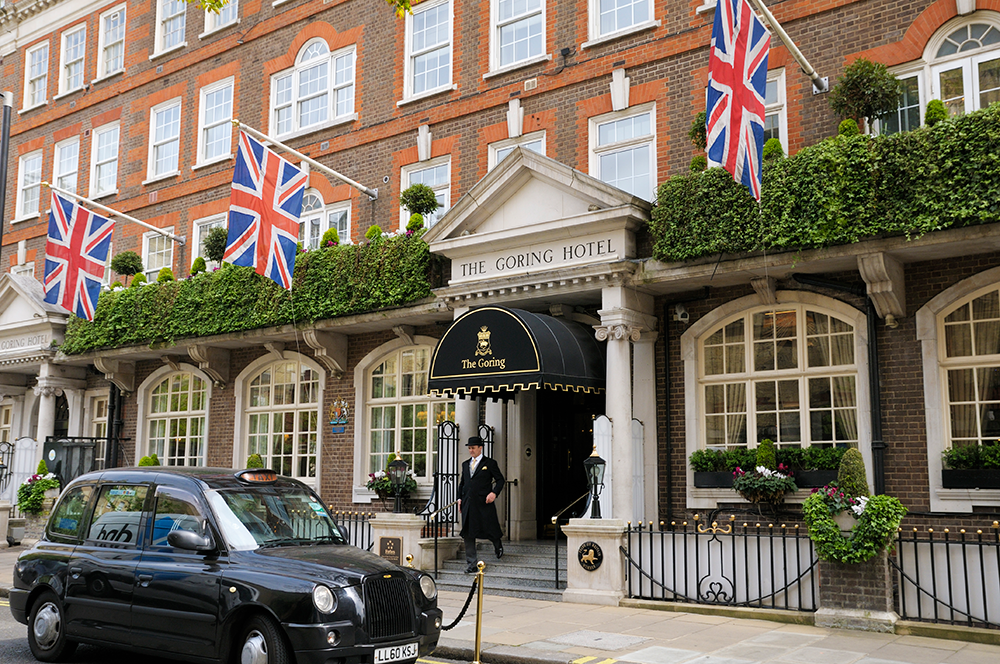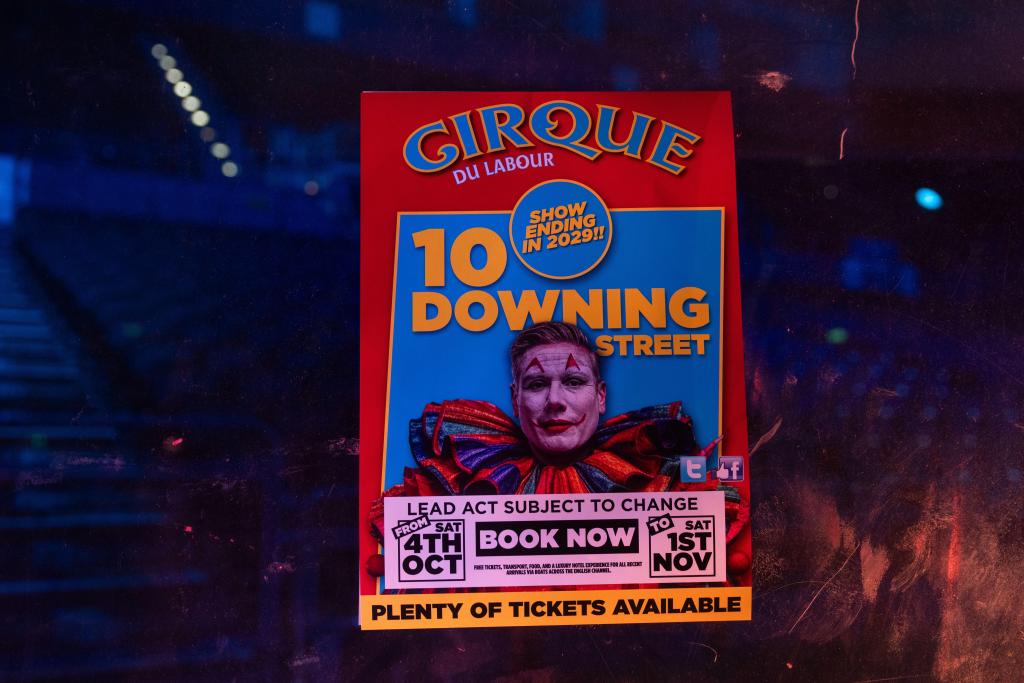
Last weekend, I was in England: among two very diverse aspects of the nation. In recent months, every Saturday, central London has been plagued by demonstrations. I suppose that there must be a right to protest. But what about the right to mosey around Westminster and Whitehall without blocked roads and with any hope of peace and quiet?
Last Saturday saw the largest manifestation of all: less of a protest than an English uprising – a flag-waving two-fingered revolt against the liberal intelligentsia. I kept well clear, having no wish to be caught up or kettled, and later there were attacks on the police. This should lead to jail sentences.
Two conclusions could be drawn. First, that the overwhelming majority of the crowd were decent, naturally law-abiding people, unhappy with the way the country is going. Second, that most of the trouble-makers were also naturally decent people, who were carried away by excitement into hotheadedness. This reminded me of my own dim and distant left-wing days. In early 1970, in Cambridge, there was a protest against the Greek junta which became known as the Garden House riot. A few undergraduates ended up in front of Mr Justice Melford Stevenson. Although he was said to be a jolly old cove, he was not notorious for the milk of human kindness, and named his own house ‘Truncheons’. Anyway, half a dozen youngsters ended up in prison. But there was one interesting point. Almost all the miscreants were unknown in leftie circles; protest virgins, they had been carried away, all the way to the cell door. That may have been true on Saturday, which does not exculpate those committing assaults.
Sunday evening was spent in a wholly different England, although we Scots are entitled to some of the credit. Near Buckingham Palace, the Goring Hotel is surely the finest small family hotel in London. Size does not preclude glory. Churchill sometimes used the Goring during the war and Kate, now Princess of Wales, stayed there on the night before her wedding. But with full respect to the current generation, the Goring’s most famous guest was the late Queen Mother. Indeed, she created its most famous dish: eggs Drumkilbo, named after an estate in Perthshire which used to belong to a Bowes-Lyon kinsman.
Eggs Drumkilbo is an hors d’oeuvre which is promiscuous in its embrace of luxury
This culinary masterpiece begins with egg, but moves onwards to lobster, prawns, caviar and some say langoustines. It is an hors d’oeuvre which is promiscuous in its embrace of luxury. I was dining with a couple of Americans. They were clear that if that Lucullan item had been available in the 1770s and served to General Washington, there would have been no War of Independence. At the table, we moved on to great English dishes: Dover sole and beef Wellington, plus a genuflection to another former colony in the shape of chocolate mousse.

The wine list made me think of another American. Vice-president Thomas Marshall was by all accounts another amusing cove, famous for a choice observation: ‘What America needs is a good five-cent cigar.’ What the UK now needs is a modern equivalent: a decent drop of claret or burgundy at a reasonable price. The right wine merchants can provide such bottles, if you search; fine restaurants, hardly ever. But the Goring is a place to go for a treat: let the plastic suffer.
To start, we pretended it was still summer and put away some splendid negronis. For wine, my hosts decided to go off-piste. The list had a small but excellent selection of Riojas. We had a Gran Riserva 904 ’15 followed by an El Carretti Bodega Alaveso ’21. One American was looking forward to an even grander dinner at Windsor. But we agreed the Goring was an admirable adjunct of the Buck-house kitchen.







Comments